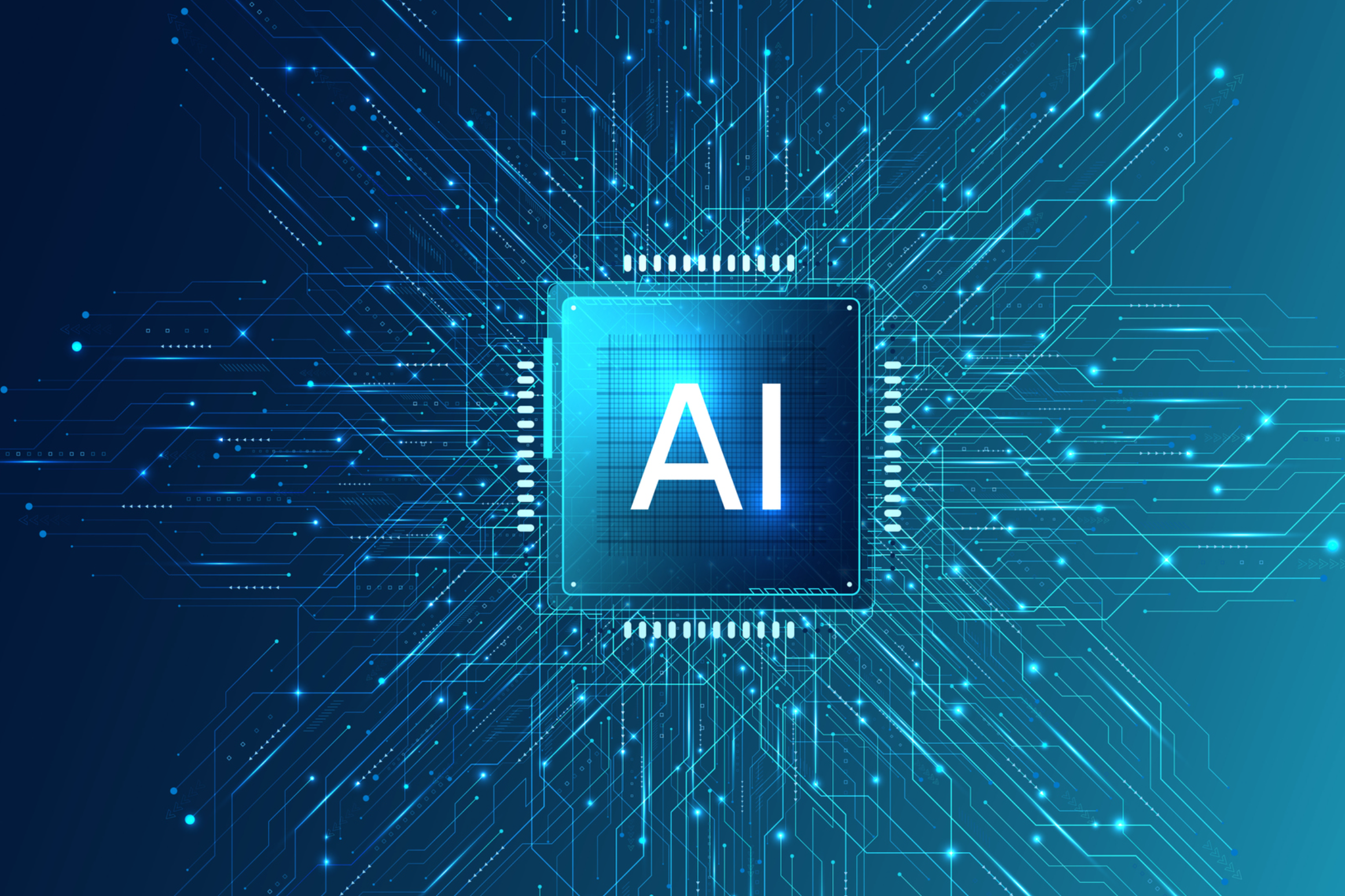ChatGPT’s Rise May Lead to 85-134 TWh AI Energy Demand by 2027
As AI applications continue to gain popularity, a new report published in the journal Joules warns that global electricity consumed by artificial intelligence (AI) could surge by 85-134 Terawatt-hours (TWh) annually by 2027. This level of consumption is comparable to the annual electricity usage of countries such as the Netherlands, Argentina, and Sweden.
Alex de Vries, a doctoral candidate at Vrije Universiteit Amsterdam, states that the growing demand for AI services makes it highly likely that AI-related energy consumption will significantly increase in the coming years. The paper underlines that with the accelerated development of AI, there are growing concerns about the environmental impact and electricity consumption, especially in data centers that support these technologies.
The Rise of Generative AI
Generative AI, which is used to create new content, such as text, images, or videos, has gained significant popularity. Notable examples include ChatGPT and DALL-E, which utilize natural language processing to understand and generate human-like text and spoken language. These AI models go through two main phases: training and inference.
The training phase, particularly for large language models like GPT-3, consumes substantial electricity. For instance, GPT-3 reportedly used 1,287 MWh of electricity for training. However, the paper highlights the need for more research on the relative energy consumption of the inference phase, which follows training.
ChatGPT, for example, consumes 564 MWh of electricity per day during the inference phase, compared to the 1,287 MWh used for training. Understanding the energy demands of each phase is vital for assessing AI’s overall electricity consumption.
AI in Everyday Searches
The report notes that if generative AI were used in every Google search, daily electricity consumption could amount to 80 GWh. In 2021, Google’s annual electricity usage was 18.3 TWh, with 10-15 percent attributed to AI. In a worst-case scenario, Google’s AI electricity usage could rival Ireland’s 29.3 TWh per year if AI were adopted on a large scale.
The Path Forward
While the rapid growth of AI presents energy consumption challenges, the report suggests potential solutions. Innovations in model architectures and algorithms could help mitigate or even reduce AI-related electricity consumption in the long term. Alex de Vries emphasizes the need for mindfulness when deploying AI, particularly in applications where its energy-intensive nature might not be necessary. As AI continues to transform various sectors, a balanced approach between technological advancement and sustainability becomes increasingly crucial.
Month: Current Affairs - October, 2023
Category: Environment Current Affairs







